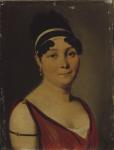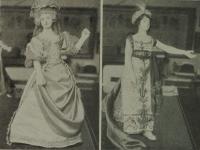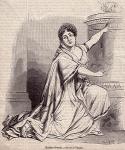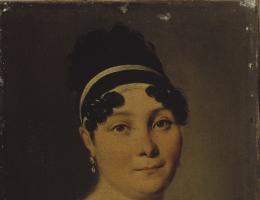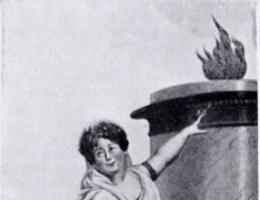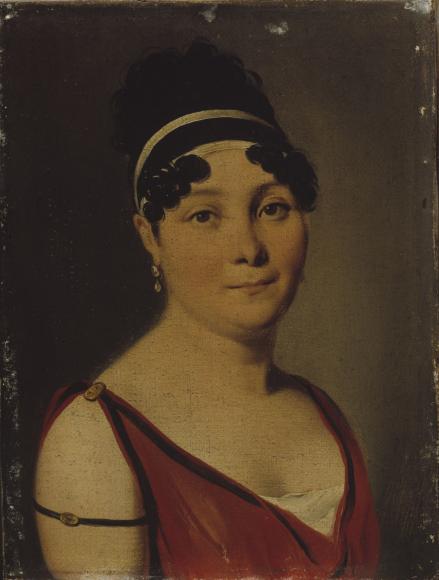
Caroline BRANCHU
1780 - 1850
Soprano
Caroline-Alexandrine Chevalier dite Mme Branchu.
Regarded by her contemporaries as the “epitome of the French tragic actress” and the “leading dramatic singer in France”, Caroline-Alexandrine Chevalier left her mark on the lyric art of the first two decades of the 19th century. Born in Cap-Français, she was the niece of the governor of the French Colony of Saint-Domingue. Following the unrest of the French Revolution, her family left Saint-Domingue for France, where she studied with the famous Pierre Garat at the Conservatoire de Paris and won her first prizes for singing in 1798 and for lyric declamation in 1799. The following year, she married Branchu, a ballet dancer at the Paris Opéra. Initially engaged at the Théâtre Feydeau, her dramatic soprano voice and particular brand of musical talent soon led her to specialise in French lyric tragedy. In 1801, she made her début at the Paris Opéra in Piccinni’s Dido and, for twenty-five years, she performed the major roles in the Gluckian repertory there, from Armide to Alceste including Iphigénie, as well as new works in the tradition of French lyric tragedy (including Kreutzer’s Astianax, Spontini’s La Vestale and Fernand Cortez, Méhul’s Les Amazones, and Cherubini’s Les Abencérages). Her last appearance before a Paris audience was on 27 February 1826, singing the role of Statira in Olimpie, when, according to Berlioz, “she was, if you will, even more sublime than usual” (letter to E. Rocher, 15 July 1826). According to another letter by Berlioz (26 June 1824), a rise in pitch might have been the cause for Mme Branchu’s untimely retirement. Whatever the case, the singer’s fame stood the test of time and music lovers continued to enthuse over her for many years.

